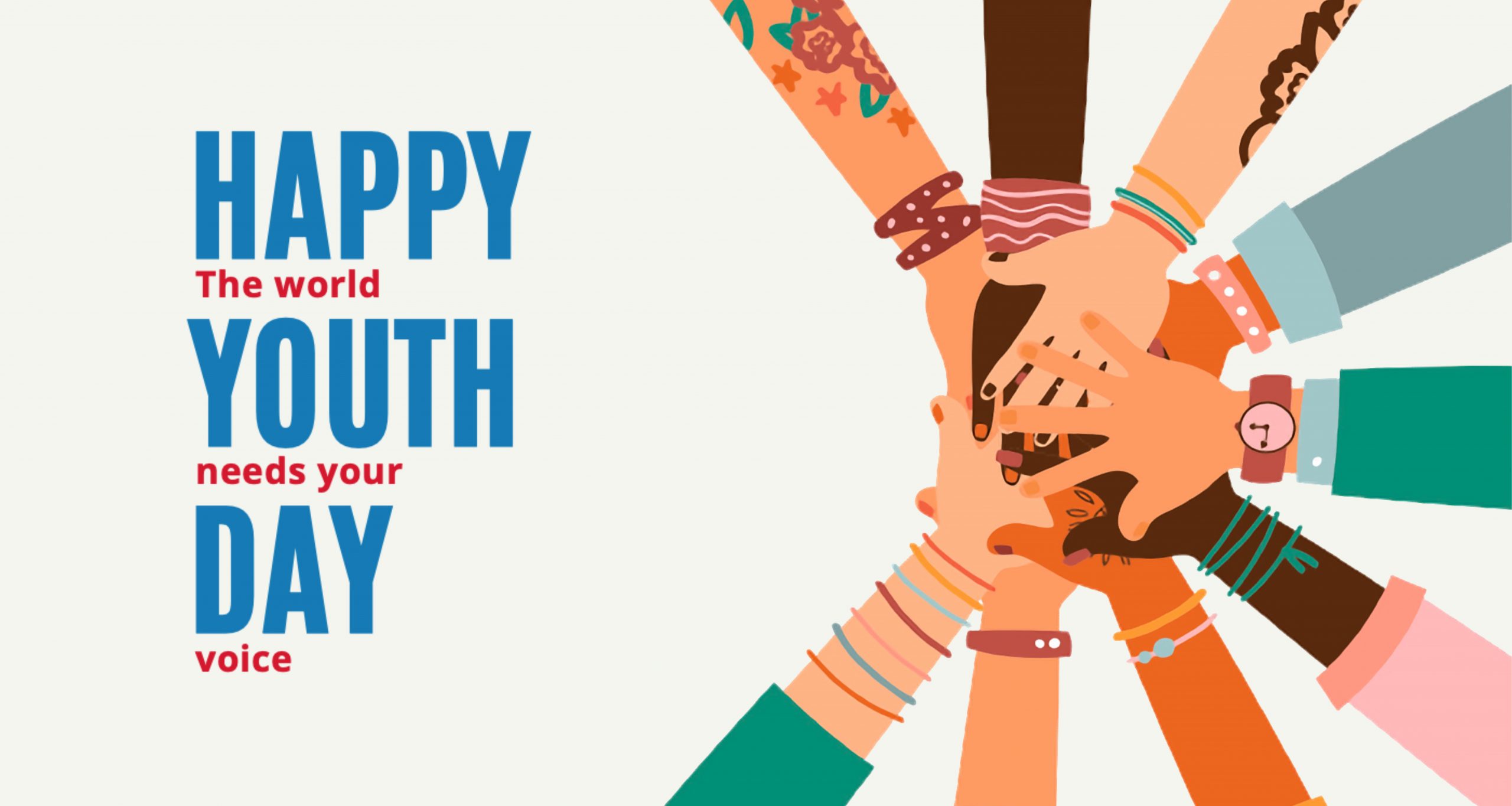Youth Day is far more than a date on the calendar—it’s a powerful reminder of courage, resistance, and the potential that lies in young people across a nation. Marked each year on June 16 in South Africa, Youth Day commemorates the 1976 Soweto Uprising, a pivotal moment in the fight against apartheid. It is a day that continues to resonate deeply, igniting conversations, mobilizing action, and celebrating the role of youth as agents of social transformation.
As we honor this significant occasion, we look beyond remembrance and into the heart of what makes Youth Day so vital in today’s world: bold voices, relentless hope, and the drive to shape a better future.
The Historical Significance of Youth Day
The origins of Youth Day trace back to one of the most defining moments in South Africa’s liberation struggle. On June 16, 1976, thousands of black students in Soweto took to the streets in protest against the mandatory use of Afrikaans as a medium of instruction in schools. What began as a peaceful demonstration turned into a national crisis when police opened fire on the unarmed students, killing hundreds—most notably Hector Pieterson, whose tragic death became a symbol of resistance.
This uprising was not just about language policy—it was a broader rebellion against the systemic oppression of apartheid. The bravery shown by the youth that day catalyzed international condemnation and strengthened the anti-apartheid movement across South Africa and the world.
Youth Day is observed to honor the memory of those young lives lost and to recognize the vital role that youth played—and continue to play—in shaping democracy and justice.
Youth Day Today: Celebrating the Power of Young Voices
While Youth Day commemorates a painful chapter in history, it has evolved into a celebration of youth empowerment, progress, and leadership. Across the country, schools, community organizations, and government institutions host events, dialogues, and cultural performances to honor the past and inspire the present generation.
Key Themes of Youth Day Celebrations
- Education and Equality: Highlighting access to quality education and equal opportunity for all.
- Youth Participation: Encouraging involvement in politics, entrepreneurship, and civic engagement.
- Social Justice: Continuing the conversation around inequality, race, and transformation.
- Innovation and Leadership: Celebrating young innovators, artists, activists, and entrepreneurs who are leading change in their communities.
These celebrations reflect how Youth Day has become a platform not only for remembrance but for reimagining the future of the country through the lens of young people.
Youth as Change-Makers: The Spirit of 1976 Lives On
The students of 1976 showed that young people are never too young to lead, challenge injustice, or demand reform. Today, this spirit lives on in multiple spheres of society.
From climate activists raising environmental concerns to young tech entrepreneurs bridging the digital divide, the youth of South Africa—and around the world—are continuing to act boldly and bravely. Social media has further amplified their voices, creating new platforms for organizing, educating, and mobilizing on a global scale.
Youth Day reminds us that today’s generation is not passive. They are:
- Questioning outdated norms
- Holding leaders accountable
- Launching social movements
- Creating new economic models
The energy of Youth Day serves as a reminder that every generation has the responsibility—and the power—to shape history.
Challenges Facing Today’s Youth
Despite the energy and innovation seen in today’s youth, challenges remain. High unemployment rates, lack of access to quality education, gender-based violence, and mental health issues are just a few of the pressing concerns that many young South Africans face today.
Addressing Youth Unemployment
One of the most urgent challenges is unemployment, with millions of young people struggling to enter the job market. While many are educated, they lack the opportunities or resources to turn their skills into sustainable livelihoods.
Mental Health Awareness
The pressures of modern society—from social expectations to economic instability—have also taken a toll on youth mental health. Recognizing and addressing these issues is crucial in empowering young people to thrive, not just survive.
Access and Inclusion
Equity in education, technology access, and gender inclusion remain ongoing areas of concern. In rural and underserved areas, opportunities are limited, making it essential for policies and programs to bridge the gap.
Youth Day serves as an important reminder that while we celebrate young people’s potential, we must also invest in solving the barriers that hold them back.
How Communities Can Make Youth Day More Impactful
The strength of Youth Day lies in its ability to bring people together around a common goal: building a better future through empowering the youth. Here’s how communities can ensure the day leads to meaningful change:
- Organize Forums: Create safe spaces for young people to voice their opinions and share ideas.
- Promote Mentorship: Pair experienced leaders with youth to foster guidance and professional development.
- Support Local Talent: Invest in community projects, arts, sports, and entrepreneurship driven by youth.
- Digital Inclusion: Ensure youth in remote or underserved areas have access to the internet and digital tools.
When Youth Day is treated not just as a holiday but as a catalyst for growth, its legacy becomes even more powerful.
The Global Relevance of Youth Day
Although Youth Day is rooted in South African history, its themes are universally resonant. All around the world, youth movements continue to shape national and global narratives—from the Arab Spring to Black Lives Matter to Fridays for Future. Each of these movements shows the enduring truth: youth are not only the future—they are the present.
Youth Day inspires countries to reflect on their own relationships with their younger citizens, emphasizing the need to listen, support, and empower the next generation of leaders.
FAQs
1. Why is Youth Day celebrated on June 16?
Youth Day is celebrated on June 16 to honor the students who lost their lives during the 1976 Soweto Uprising in South Africa, where thousands protested against the apartheid regime’s education policies.
2. What is the significance of Youth Day today?
Today, Youth Day highlights the ongoing struggles and successes of young people. It serves as a call to action to address youth challenges and to recognize their role as leaders, innovators, and change-makers.
3. How can I get involved in Youth Day initiatives?
You can participate in local community events, attend educational forums, volunteer with youth organizations, or support youth-led startups and artistic projects. Sharing stories and raising awareness on social media also helps extend the impact of the day.
Conclusion: From Memory to Momentum
Youth Day is more than a commemoration—it is a movement. It bridges generations, celebrates courage, and calls for a future where every young person is empowered to live, lead, and thrive. As we remember the sacrifices of the past, we are also called to act in the present and invest in a better tomorrow.
Let the bold spirit of Youth Day ignite hope not only across the country but in every heart that believes in justice, equity, and the endless potential of youth. We update our homepage regularly with new features and highlights.



